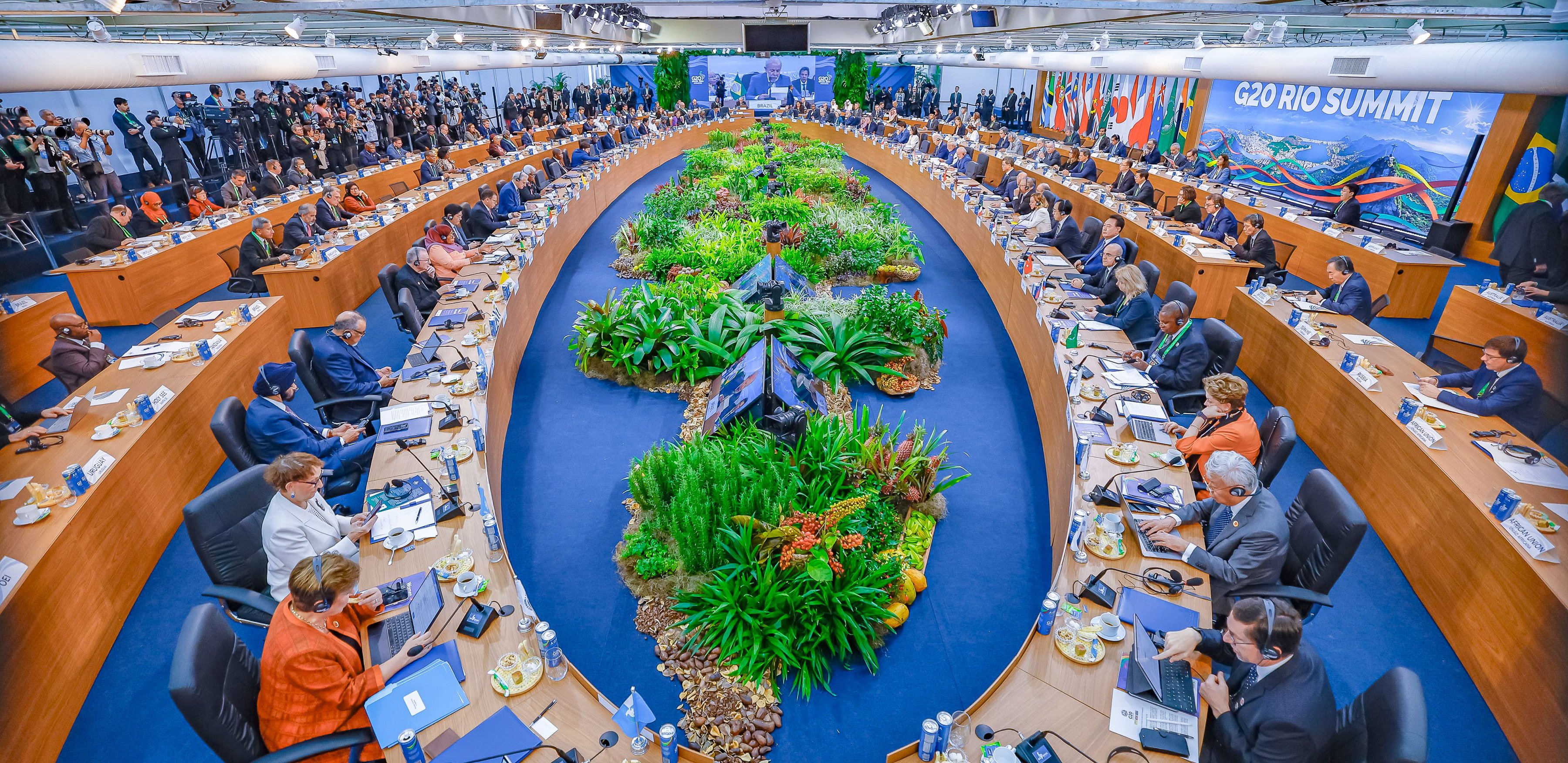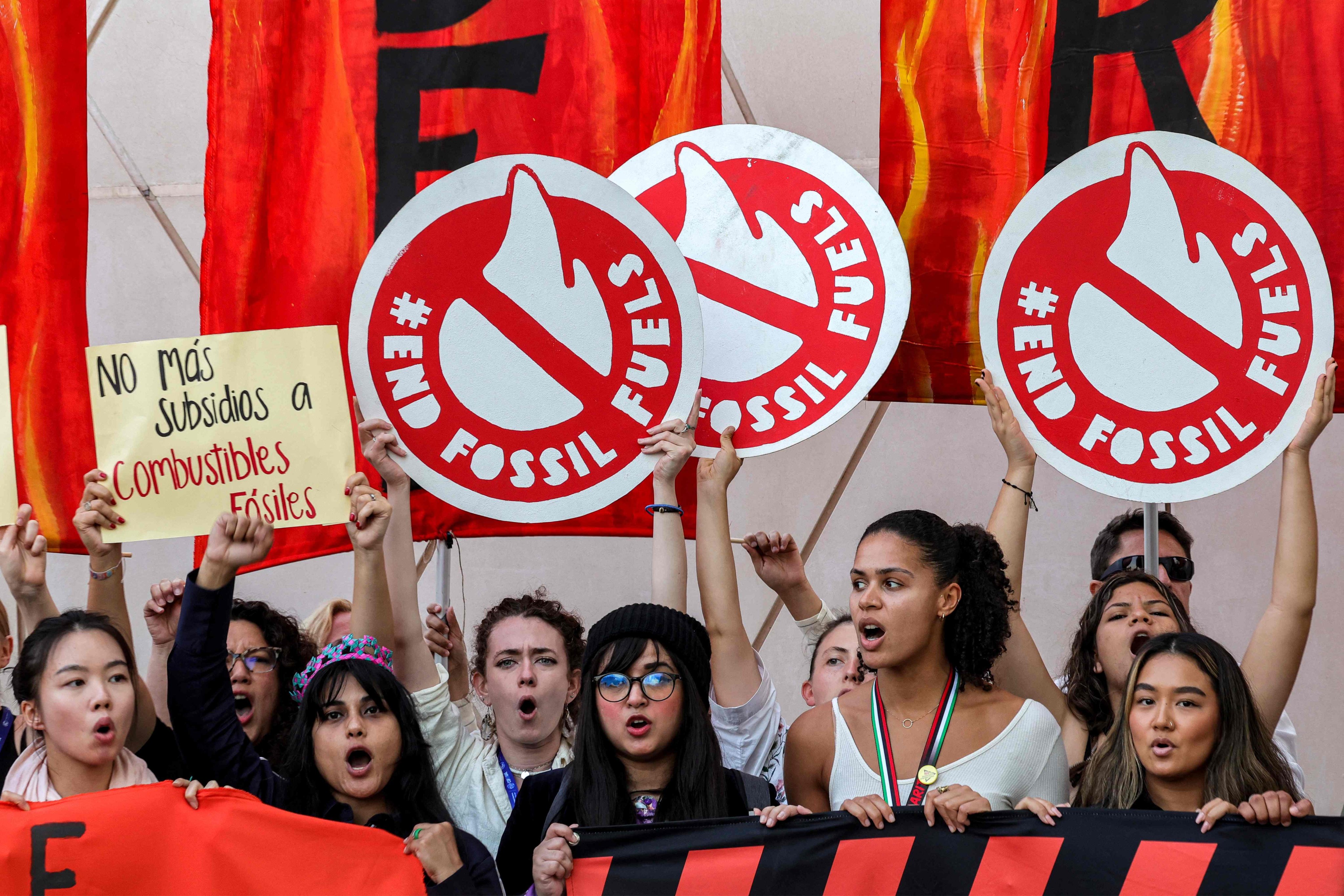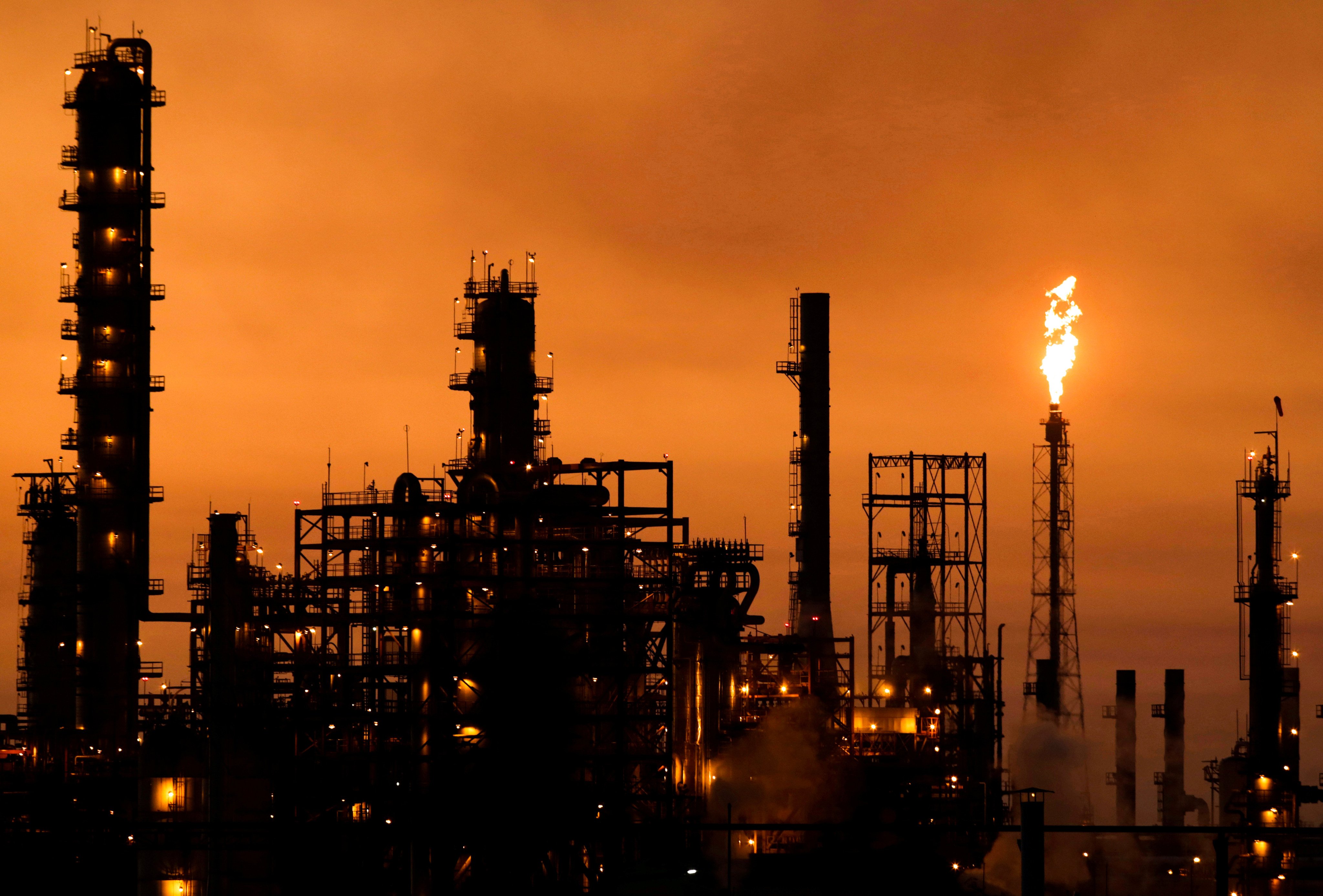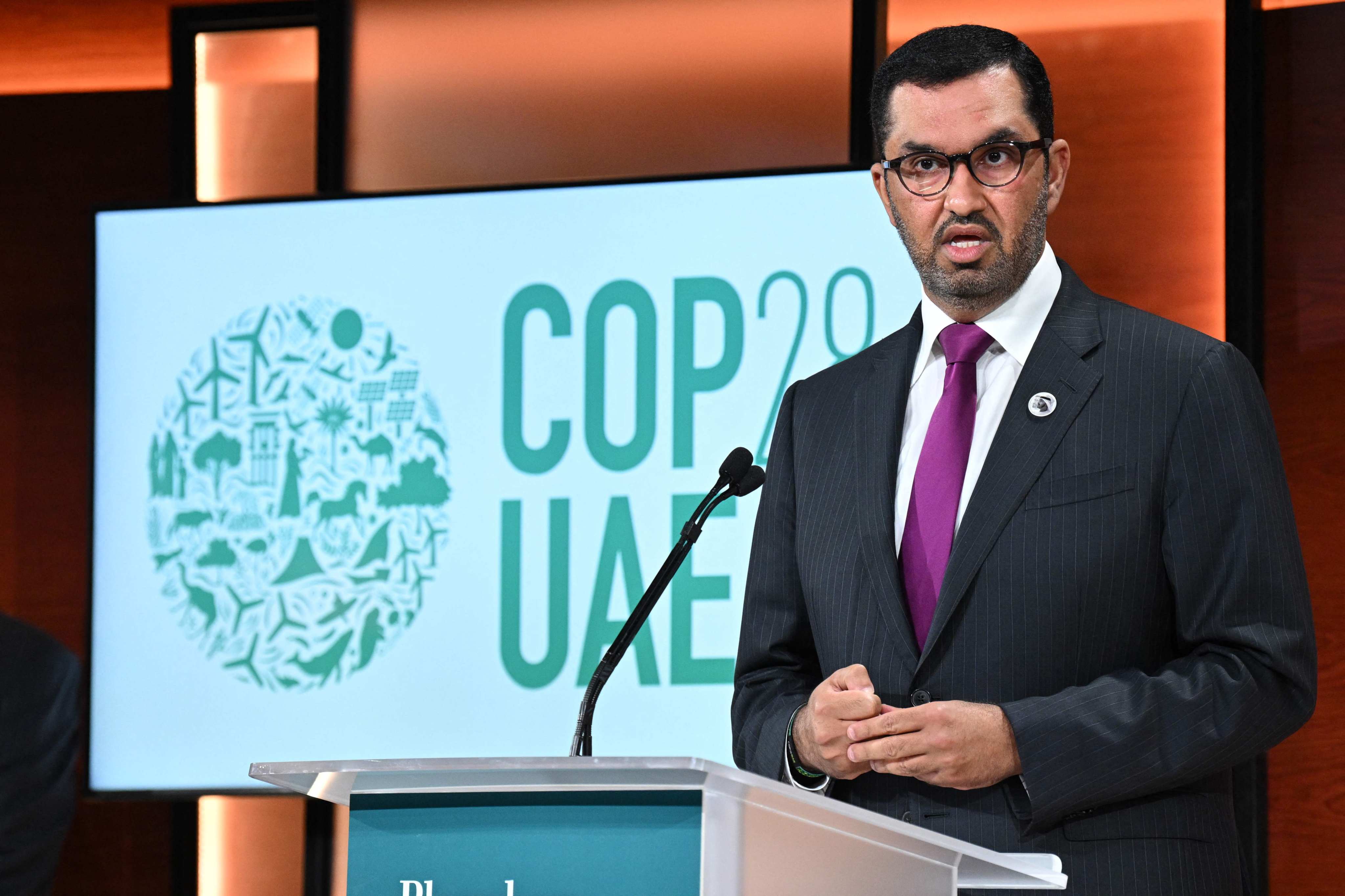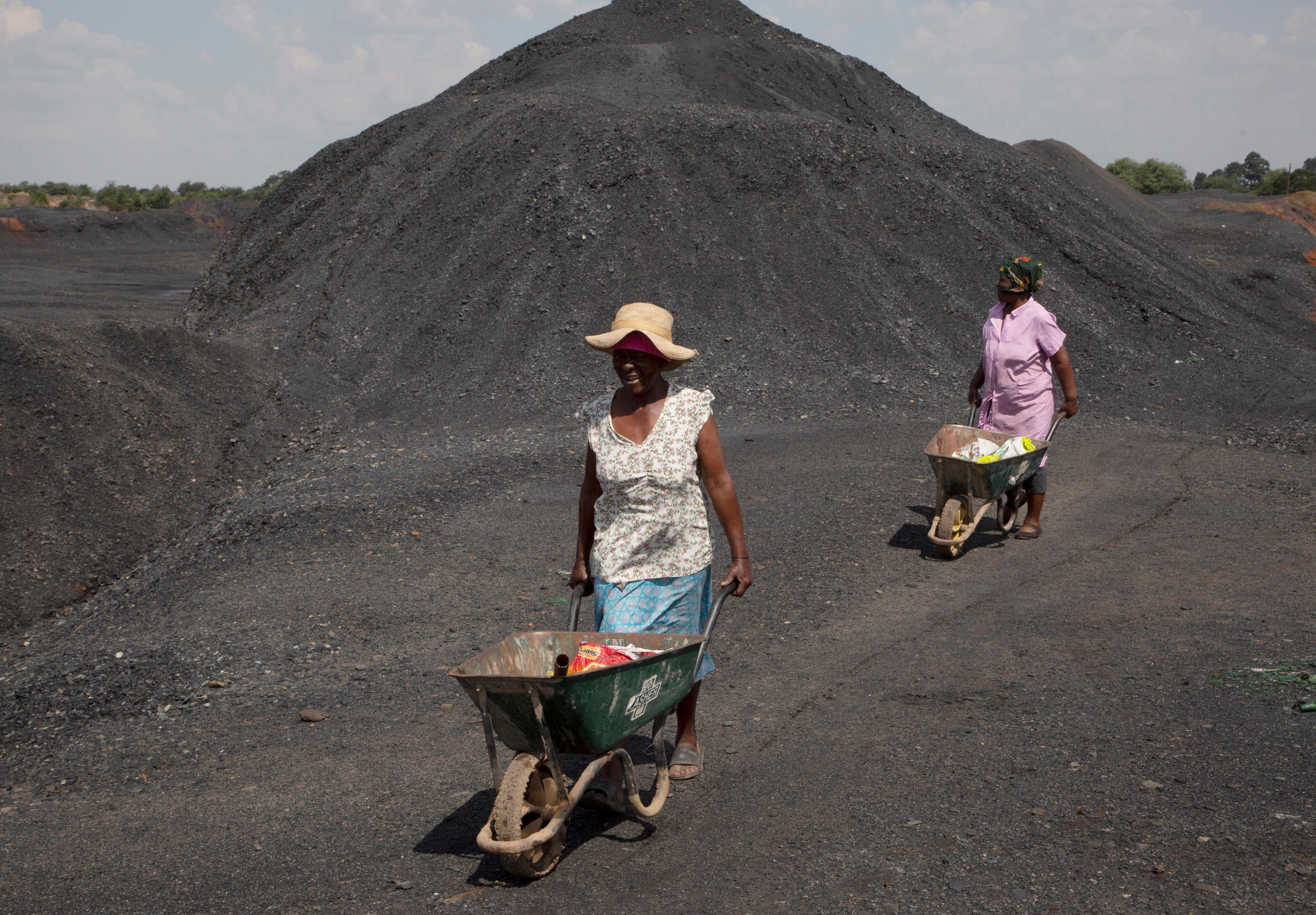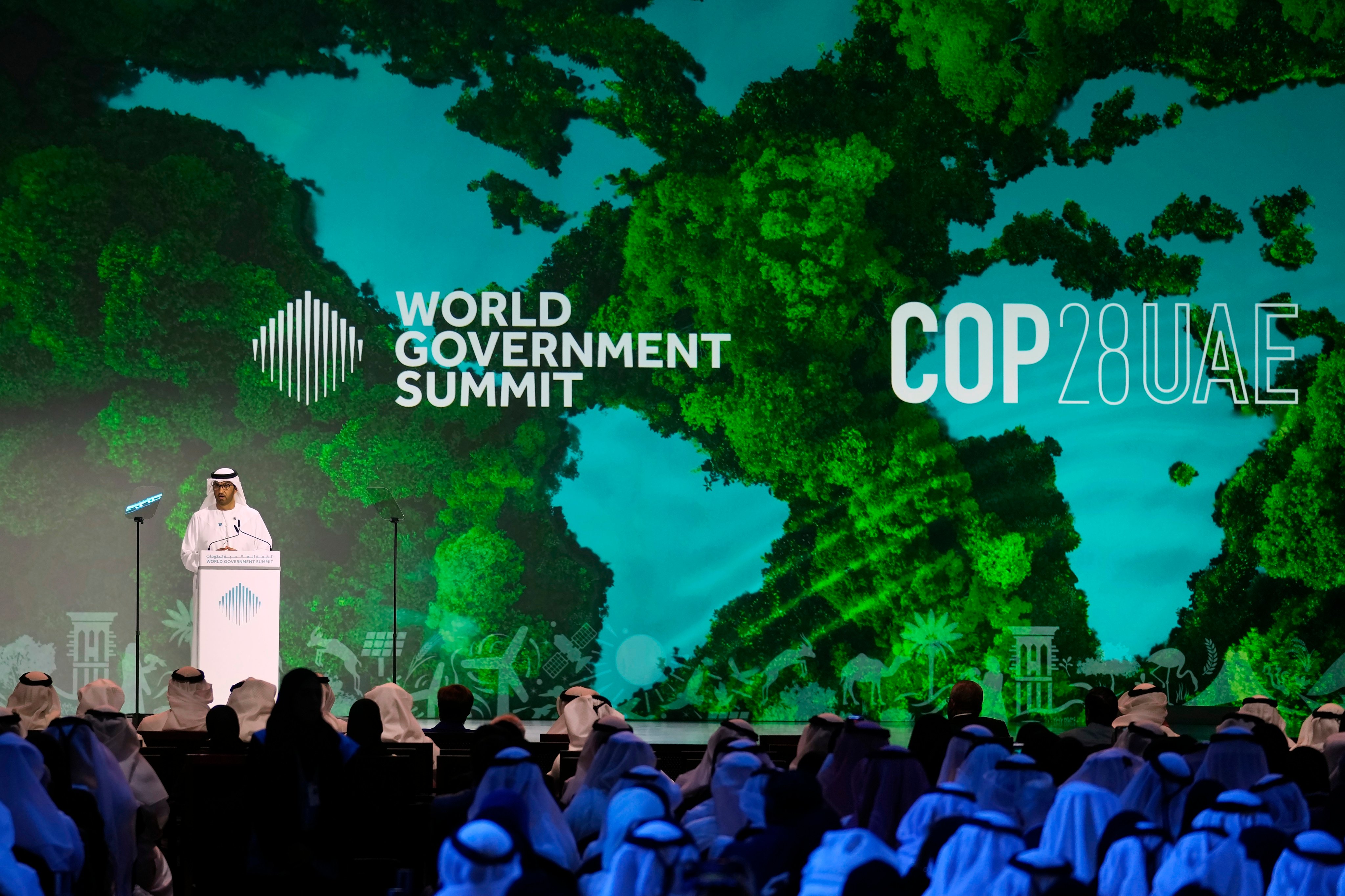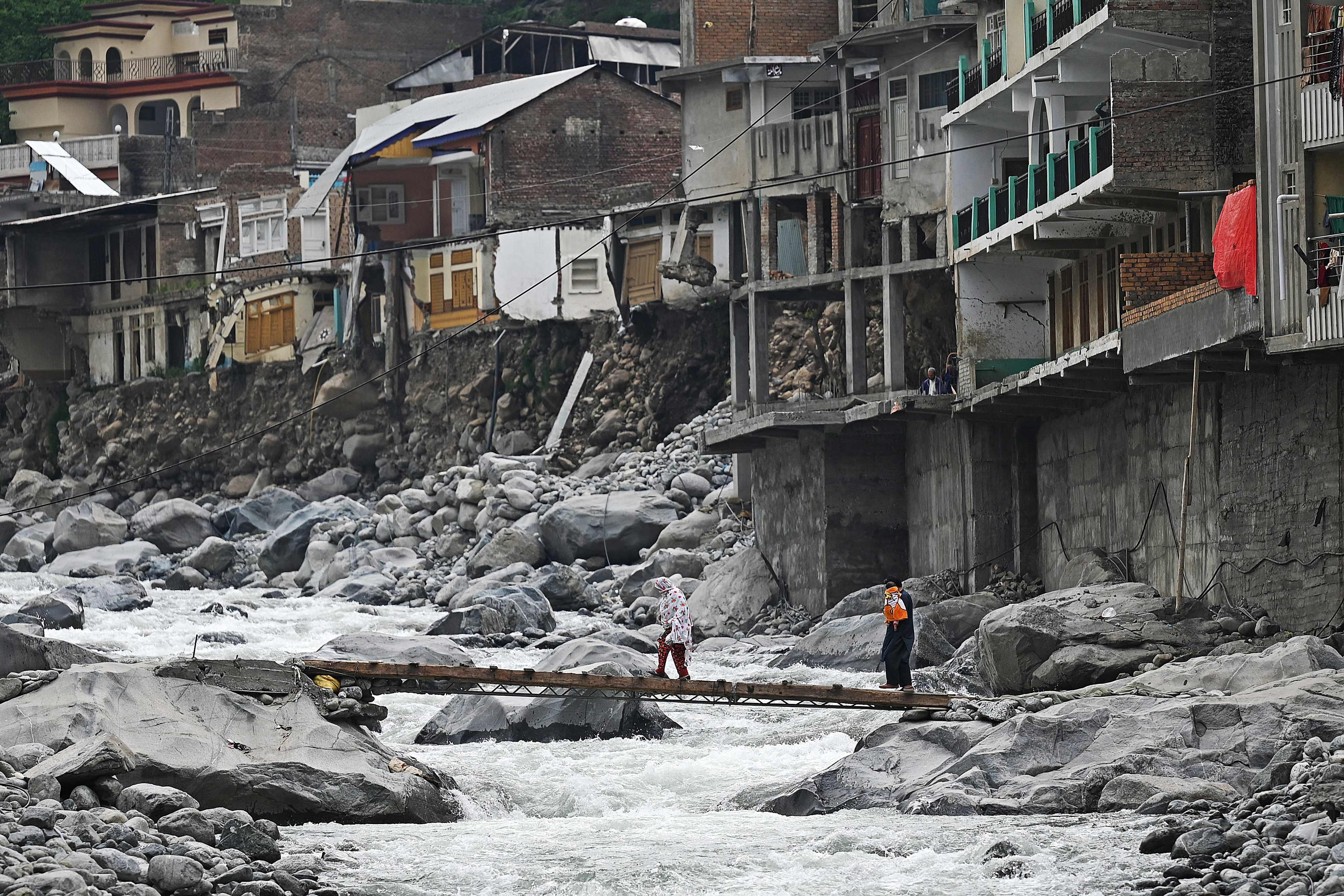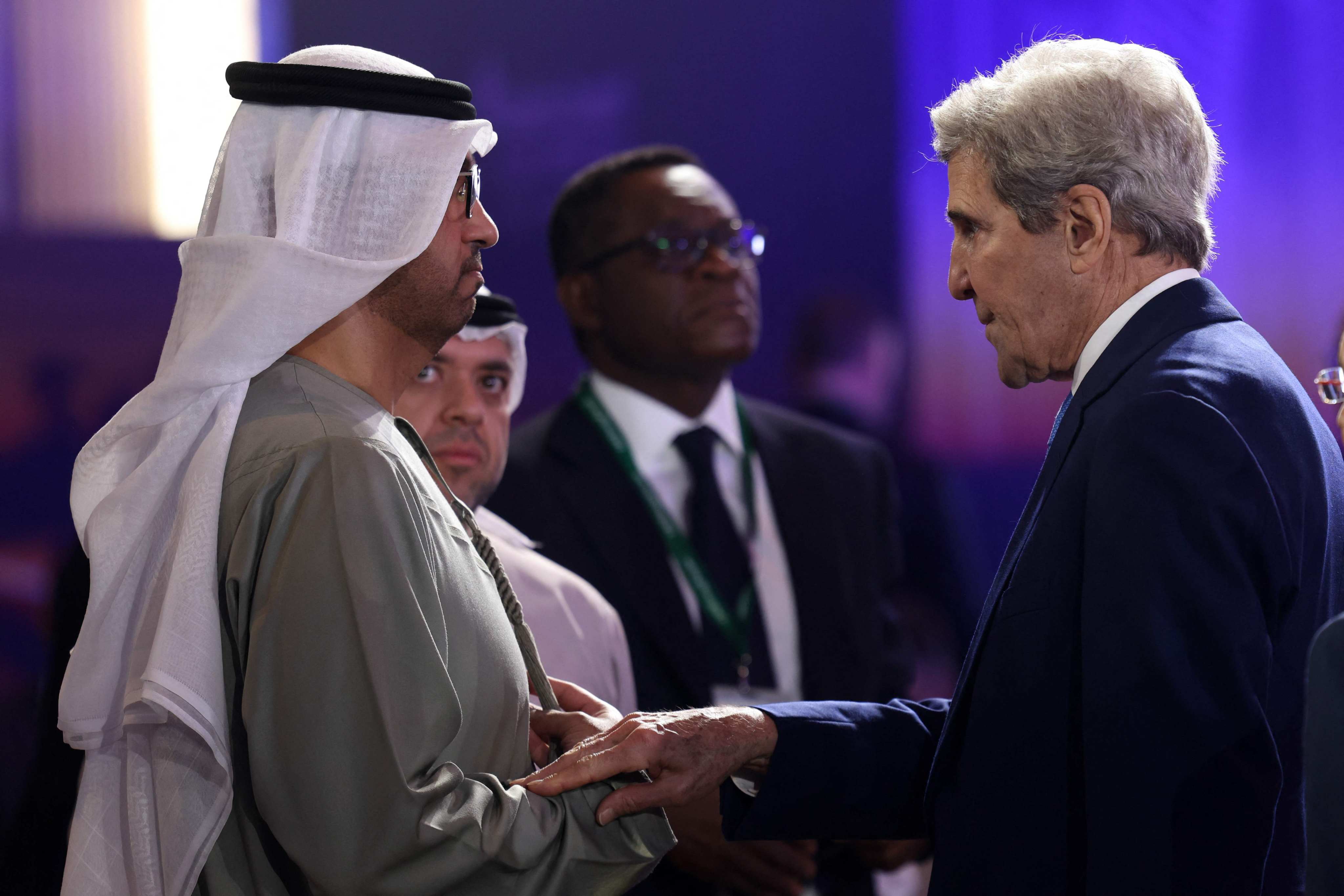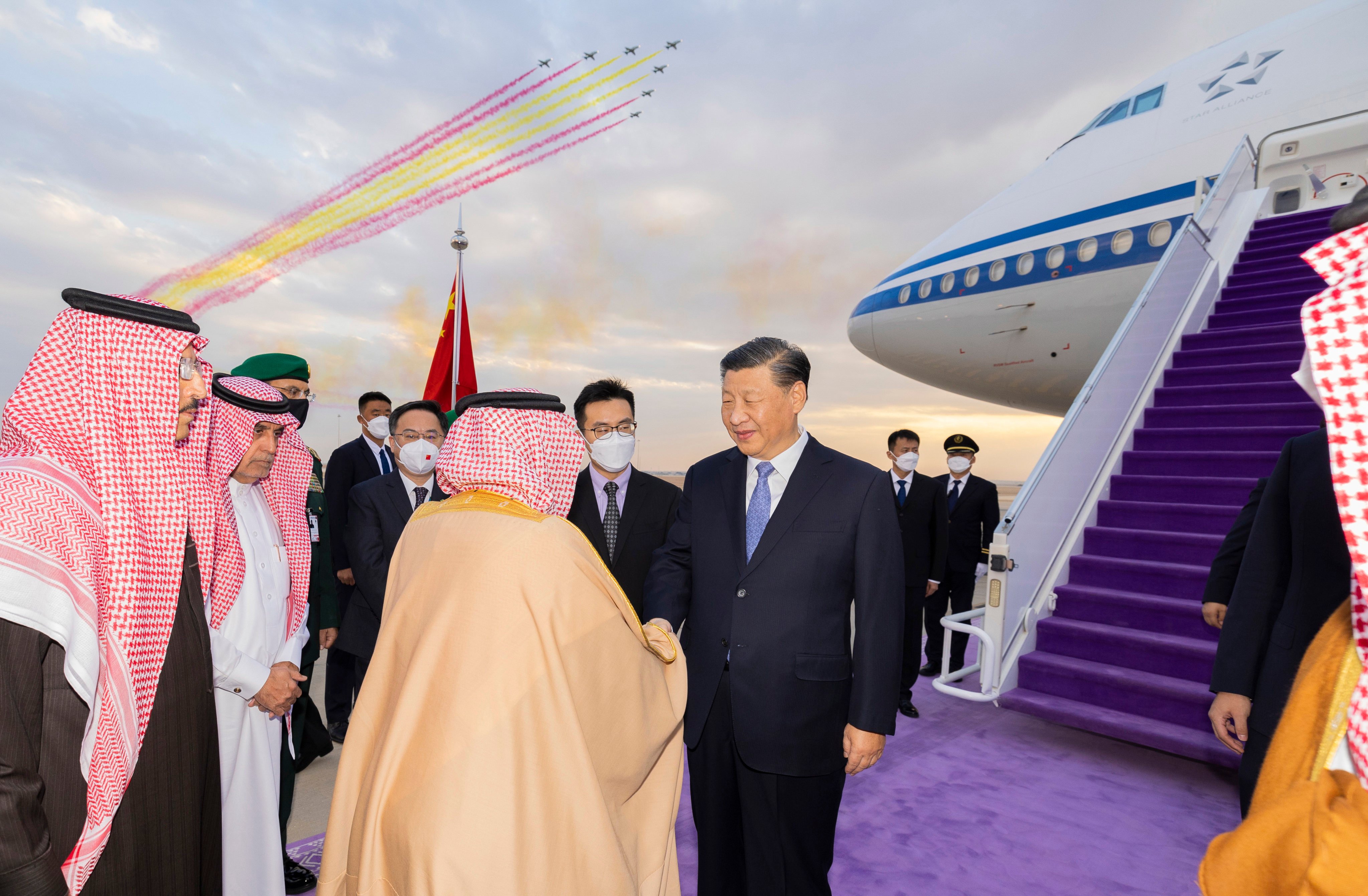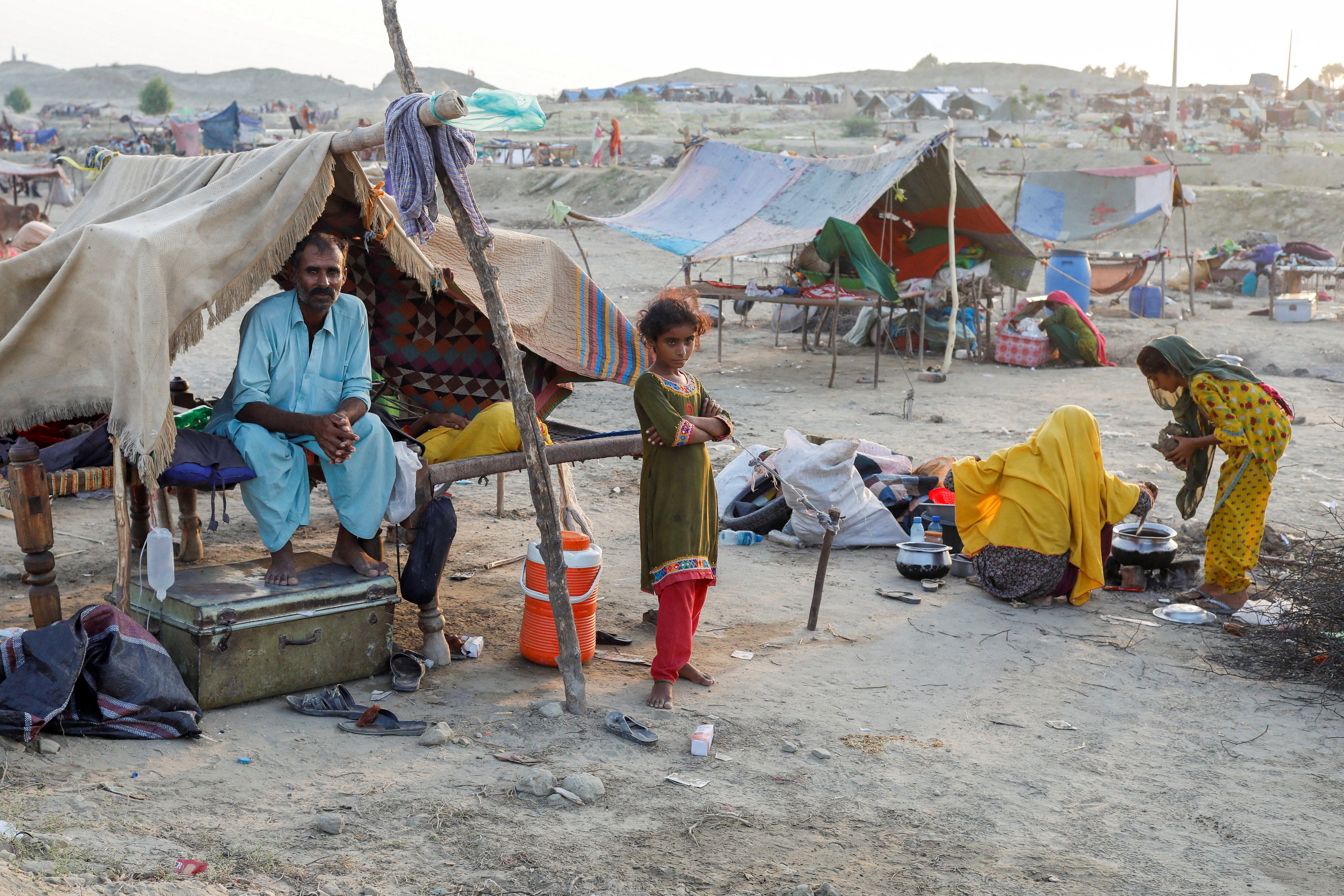Advertisement
Advertisement

Rizwan Basir
Rizwan Basir, a sociologist, works as a Senior Technical Specialist at Climate Resourcing and Coordination Center (CRCC) based in Islamabad, Pakistan.
Rizwan Basir, a sociologist, works as a Senior Technical Specialist at Climate Resourcing and Coordination Center (CRCC) based in Islamabad, Pakistan.
Languages Spoken:
EnglishAs more governments lurch to the right, firms are feeling a backlash against social and climate action. But the stakes are too high for inaction.
Too many people are in survival mode, with scant mental space to contemplate climate change. To persuade them to care, they must be shown empathy and immediate tangible benefits.
As temperatures rise across the globe, the harsh reality is that those who burn the least fossil fuels lack the wealth to deal with climate change’s effects. The developing needs flexibility in their climate adaptation plans, and that includes the option to explore and extract fossil fuels to help alleviate poverty.
Climate change now dominates discourse, more governments have net zero pledges, cleantech spending has surged, renewable energy is cheaper and EV technology is improving.
Advertisement
Demands of war are competing for the same funds promised to climate action, amid geopolitical tensions, a refugee crisis and doubts over the Cop28 host, the UAE.
There can be no climate justice if the masses are left to pay for the economic shift through job losses or even more exploitative working conditions.
The Global South’s demand for climate justice is justified but so is the developed world’s need for growth and security. COP28 must prioritise the crafting of a win-win situation for all, including the wealthy.
While countries in South Asia are on the brink of climate disasters, the regional giants are intensifying their use of fossil fuels. China and India may have the resources to cope with the consequences, but their neighbours do not have the same level of adaptive capacity.
Excluding the oil industry from climate summits would only free polluters from responsibility, accountability and exposure to opposing views. Instead, vulnerable nations should seize the opportunity to disrupt the fossil-fuel status quo at source.
Neither country included mitigation of oil use or carbon offsets in their energy cooperation. Until research is turned into action, talking up the cooperation as addressing climate change just shows how “climate injustices” can be greenwashed into “climate ambition”.
As rich nations resort to coal in an energy crisis while resisting calls for climate reparation, poor countries continue to suffer the worst effects of climate change. At COP27, a climate loss-and-damage facility must finally be set up to compensate vulnerable states, which must stand together for a louder voice.
Related Topic
Climate change